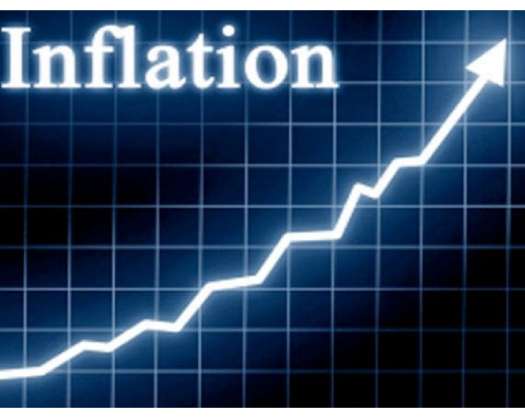New Delhi: The sustained increase in food prices, coupled with the diminishing effect of the initial surge, likely contributed to a notable rise in October's retail inflation figures. According to a report issued by the Union Bank of India, retail inflation, measured by the Consumer Price Index, is anticipated to surge to 6.15 percent, surpassing the Reserve Bank of India's tolerance band of 6 percent.
The release of retail inflation data for October is scheduled for Monday evening.
India's retail inflation for September surged to 5.49 percent from 3.65 percent in August, indicating a significant increase, primarily attributed to escalating food prices.
Price pressures have previously driven inflation above the RBI's 6 percent threshold, as observed in August 2023. The Union Bank of India report noted that while the Reserve Bank of India's monetary policy acknowledged the inflation spike in October, the magnitude of the increase may not offer reassurance, given that the November figures are also showing elevated levels.
"Therefore, we maintain our stance on no rate adjustments in the December policy, with a modest 50 basis points rate reduction cycle commencing in February 2025," the report stated.
Food prices have experienced a resurgence in September and October, with a particular focus on vegetables and edible oils. Looking ahead, there will be keen interest in the outcome of the Kharif harvest season, as well as the progress of the Rabi sowing.
The report suggests that food inflation is expected to subside towards the latter part of this fiscal year, January to March.
"The typical decline in food prices during the winter, supported by favorable prospects for the Rabi crop, is anticipated to lead to a stabilization of headline inflation levels," it added.
However, there are potential risks to inflation from factors such as disruptions in food supply, imported price pressures from edible oils, and the impact of trade tariff increases, among others, which require close monitoring.
Food prices continue to pose a significant challenge for policymakers in India, who are aiming to achieve a sustainable reduction in retail inflation to 4 percent.
The Reserve Bank of India has maintained the repo rate at 6.5 percent to ensure inflation remains under control. The repo rate represents the rate at which the Reserve Bank of India lends to other banks.












